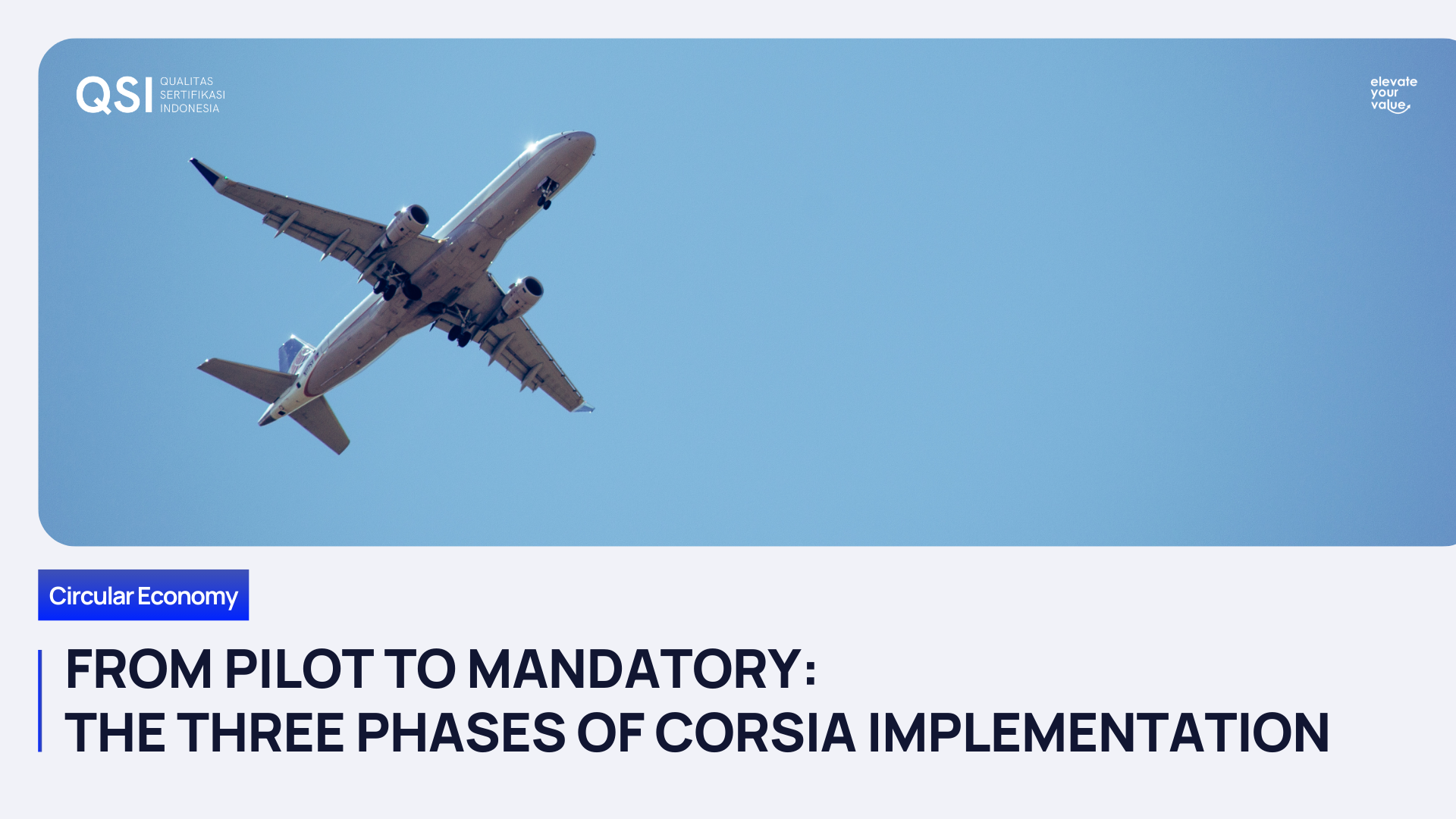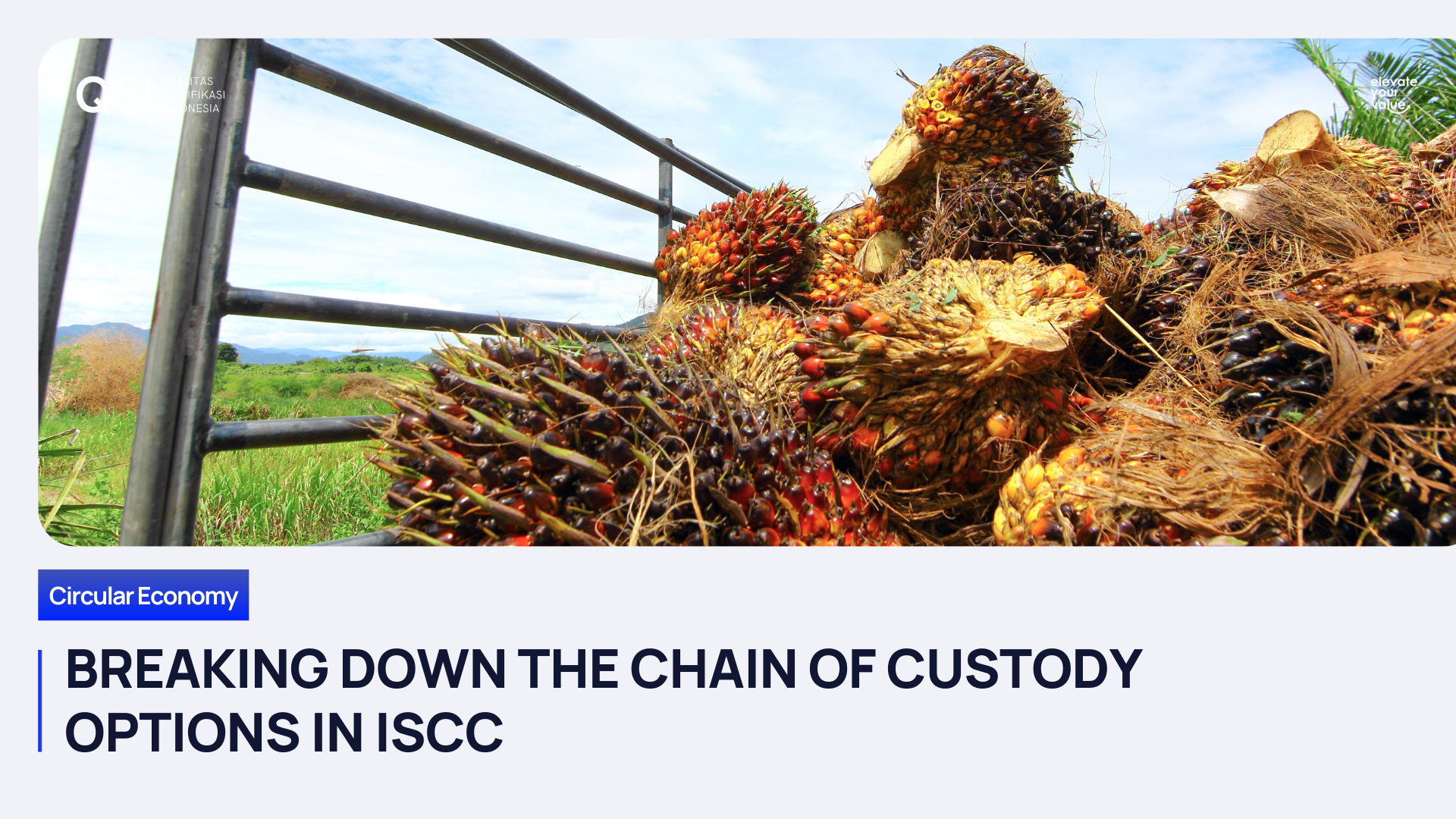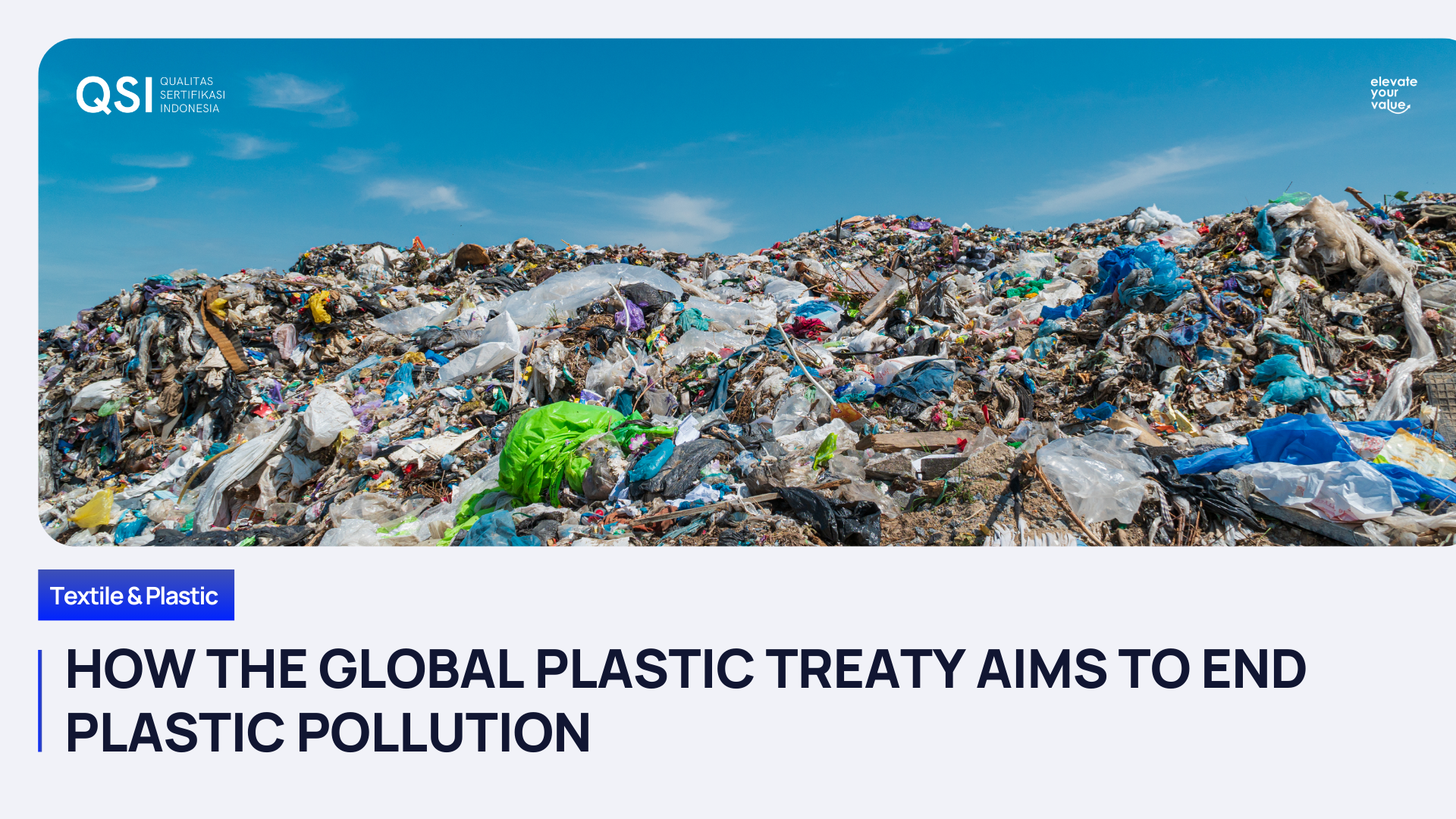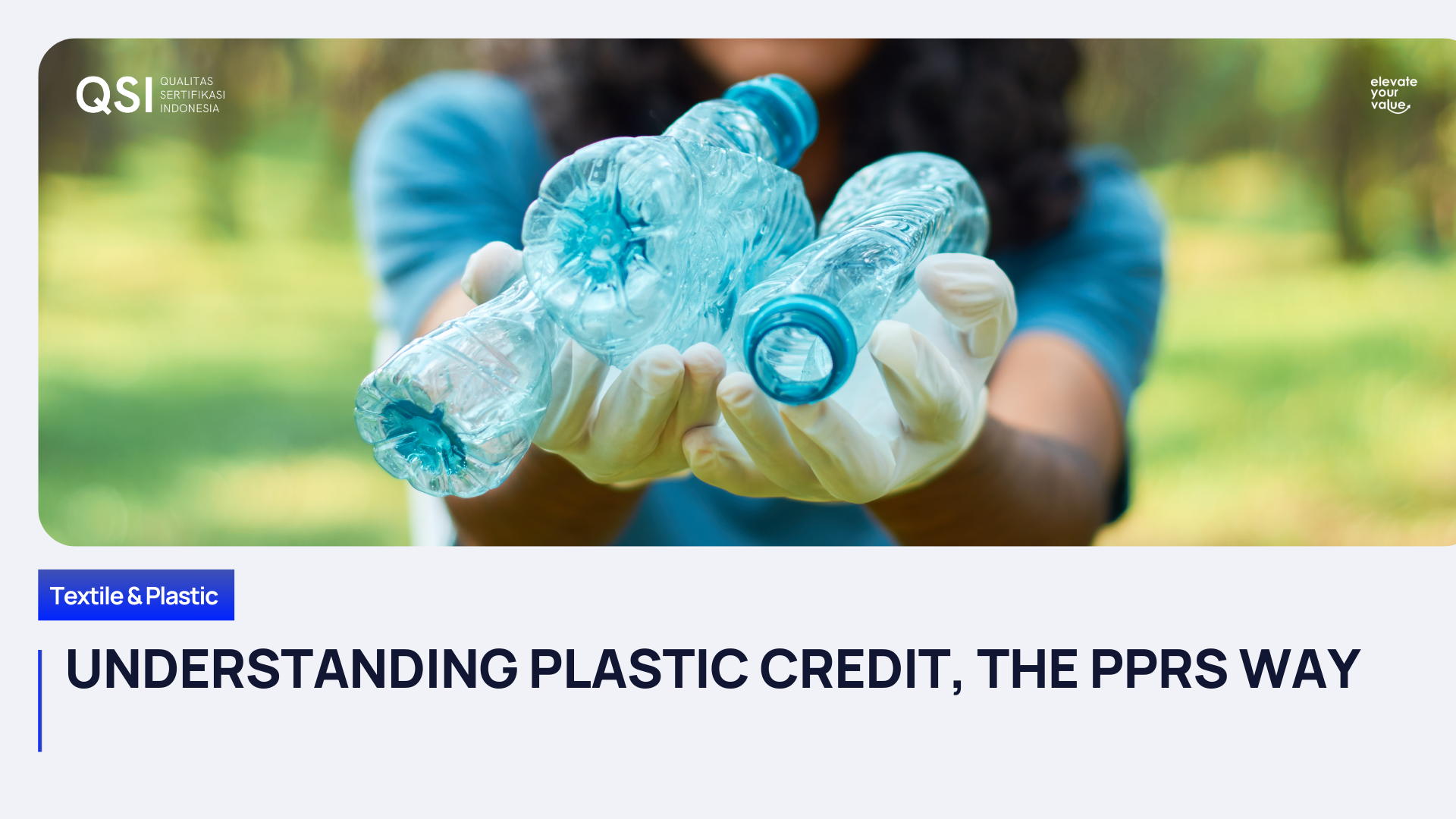Understanding Ocean Bound Plastic: A Closer Look
Hi Qualizer! Welcome back for another insightful discussion on the latest industry trends. Today, as more companies embrace the use of recycled plastics in their products, the conversation around this material has evolved. It’s no longer sufficient to merely discuss recycled plastic; the focus now lies on its origin. Where did the material come from before re-entering the cycle? What context surrounds it, and what value does it hold? As consumers become more informed, the terminology must adapt.
The Emergence of Ocean Bound Plastic (OBP)
A few years ago, the term “ocean plastic” encompassed everything from severely degraded waste that had been floating in the ocean for years to a pristine water bottle found near a restaurant trash bin—albeit close to the ocean. However, this broad usage of language is no longer widely accepted. We now require specific, transparent terminology. Meet ocean-bound plastic (OBP). But what exactly does it mean?
Defining Ocean Bound Plastic
The concept of OBP was first introduced by Dr. Jenna Jambeck and her team in a 2015 publication in the Science. Their study explored the impact of land-based plastic waste on marine ecosystems and estimated the amount of land-sourced plastic making its way into the ocean. According to their definition, ocean bound plastic refers to:
“Mismanaged plastic waste generated by populations living within 50 kilometers of a coast, which has the potential to enter the ocean as marine debris.”
This definition highlights the critical link between land-based plastic pollution and its impact on our oceans. Approximately 80% of the plastic in the ocean originates from land sources, and with plastic demand expected to surge in the coming decades, finding lasting solutions to prevent plastic flow into the ocean is urgent.
The Origins of the Term
Renowned Dr. Jambeck, from the University of Georgia, played a pivotal role in popularizing the concept of ocean-bound plastic. Her research model tracked different types of waste and examined what happens when someone discards an object. Jambeck’s 2015 article in Science revealed that while most waste (including plastic waste) isn’t directly destined for the ocean, a significant portion remains at high risk of ending up there. Specifically, 31.9 million metric tons per year of waste generated within coastal regions—defined as within 50 km of the coastline—fall into the mismanaged category, making them susceptible to ocean bound fate.
The 50-Kilometer Zone
Plastic pollution poses a significant threat to our oceans, but understanding its origins is essential. In contrast to the prevailing notion of vast ocean gyres being the primary source, Jambeck's research sheds light on a surprising reality: the majority of ocean plastic originates within a mere 50 km of coastlines.
Indeed, despite the relatively small size of coastal regions in comparison to the Earth's expanse, they accommodate a staggering two billion individuals whose lives are intricately intertwined with the ocean. These areas host bustling cities, traditional fishing communities, and generations of livelihoods that rely on the proximity to water, which serves as a cornerstone for activities ranging from agriculture to commerce.
However, amidst the undeniable vitality of coastal living lies a sobering truth: these densely populated areas contribute to more than one-third of the total annual plastic waste production.
Proving Ocean-Bound Plastic
To combat OBP pollution and encourage organizations to be part of the solution, Zero Plastic Oceans introduced the Ocean-Bound Plastic Certification Program. This certification builds upon Jambeck’s definition and categorizes OBP into four distinct types:
- Potential OBP: Mismanaged plastic waste located within a 50-kilometer radius of the coastline.
- Waterways OBP: Mismanaged plastic waste found within 200 meters of rivers and other waterways.
- Shoreline OBP: Mismanaged plastic waste found within 200 meters of shores.
- Fishing Material: Used fishing gear and plastic bycatch.
Importantly, if plastic waste is found in controlled landfills, it does not qualify as ocean-bound plastic. It’s essential to differentiate between ocean-bound plastic and ocean plastic—the latter referring to all plastics present in the ocean, extending beyond the scope of OBP.
Ocean bound plastic is both a symptom and a solution. While it highlights the urgency of our plastic waste problem, it also underscores the need for comprehensive waste management strategies. By addressing ocean-bound plastic, we take a step toward cleaner oceans and a healthier planet.
Interested in making a positive impact on the environment? Learn more about the OBP itself and the OBP Certification Program by visiting our
website or
contacting us. Our team is here to support you in making a significant contribution to the reduction of ocean-bound plastic!
Recent posts
Drop us a line
Contact Us
Share








